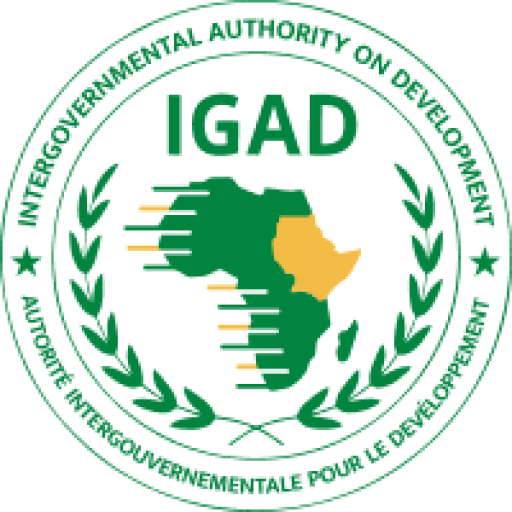The Horn of Africa (HoA) boasts an extraordinary array of biodiversity, featuring rare and endemic wildlife species, unique habitats, ecosystems, and both tangible and intangible heritage. With over 1,500 known mammal species, 1,400 breeding bird species, and more than 3,200 higher plant species, the region holds immense potential for sustainable development and livelihood support. Its abundant resources could serve as a solid foundation for tourism and other natural resources-based development programs, provided they are effectively managed.
However, several challenges threaten this rich biodiversity. High population growth, poaching, illegal wildlife trade, human-wildlife conflicts, habitat loss, climate change, industrialization, overexploitation, poor land use practices, and increasing pollution are among the factors endangering unique species. If left unaddressed, these challenges could exacerbate social, economic, security, and environmental problems, undermining sustainable development, food security, good governance, and the rule of law.
A significant emerging threat in the Horn of Africa is the illegal trade of live cheetahs, with Ethiopia and Somalia identified as key countries of origin, according to the UNODC World Wildlife Crime Report in 2020. For example, in the 10 years since 2013, TRAFFIC’s Wildlife Trade Information System (WiTIS) has recorded 208 live Cheetahs confiscated in 38 seizures in Somalia alone. This illicit trafficking, if not curbed, poses a severe risk to conservation efforts in the region.
To tackle these issues, the African Union took a stand in 2014, adopting an Executive Council decision on the illegal exploitation and trade of Wild Flora and Fauna. Subsequently, the African Union developed a Strategy on Combating Illegal Exploitation and Illegal Trade in Wild Flora and Fauna. In alignment with this strategy, the Intergovernmental Authority on Development (IGAD) adopted its Wildlife Management Strategy in 2017.
In response to the challenges and dynamics of the region, the Horn of Africa Wildlife Enforcement Network (HAWEN) was established in 2017. HAWEN aims to strengthen intergovernmental cooperation in preventing and combating wildlife trafficking. The network seeks to effectively coordinate and facilitate member states in implementing the IGAD’s Wildlife Strategy, fostering harmonized information sharing, and promoting transboundary collaboration.
The HAWEN Secretariat, based in Djibouti, is actively engaged in implementing elements of the HAWEN Action Plan approved in 2018.
Additionally, the Eastern Africa-TWIX platform, managed by TRAFFIC, provides a crucial tool for combatting illegal wildlife trade (IWT). This platform includes a website, database, and mailing list, facilitating real-time information exchange and international cooperation among law enforcement agencies and management officials. A sensitization workshop on the TWIX platform was conducted in 2018, and currently, 350 users are connected, with over 100 seizure data entries and more than 230 exchanged messages.
Support for HAWEN and TRAFFIC’s Eastern Africa-TWIX has been extended by various entities and governments, including the Netherlands, U.S., GIZ, IWT DEFRA CF, in collaboration with the Cheetah Conservation Fund, and INL.
Looking ahead, the focus is on documenting best practices for digital innovations in wildlife conservation, developing a regional wildlife resource database, adopting digital technologies to trace and report illegal wildlife trade, and providing capacity-building for wildlife law enforcement. Training and mentoring on the TWIX platform will be offered to ensure maximum benefit for frontline law enforcement officials from IGAD member states.


